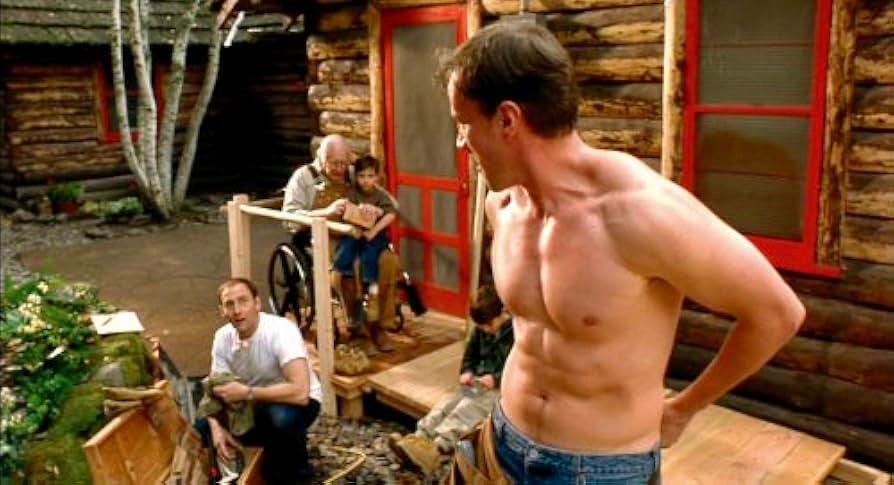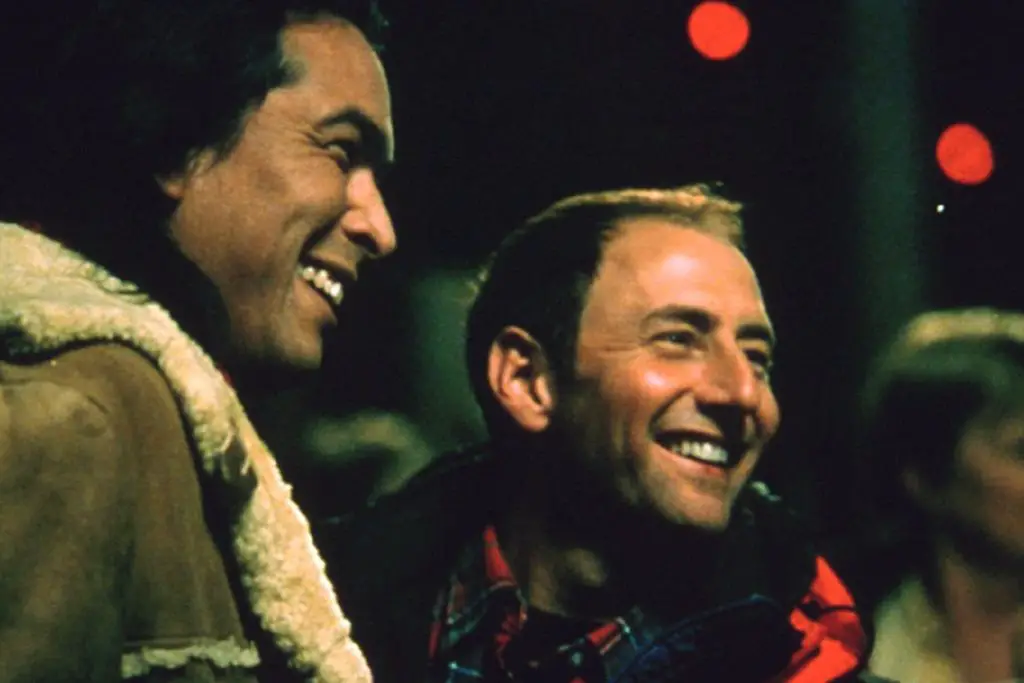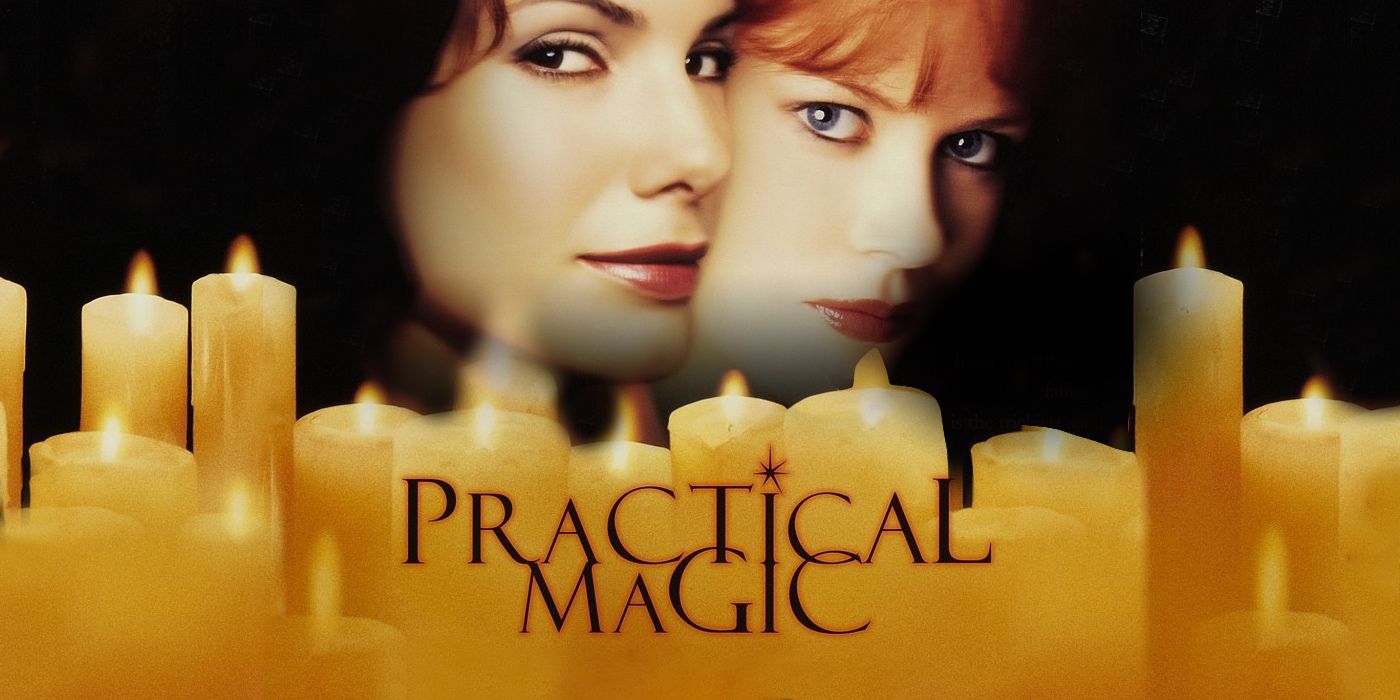Big Eden: A Heartwarming Tale of Love, Acceptance, and Belonging
“Big Eden” is a 2000 romantic drama film written and directed by Thomas Bezucha that stands out as one of the most tender and uplifting portrayals of gay love ever brought to the screen. Set against the breathtaking backdrop of rural Montana, the film tells a story not of conflict or prejudice, but of compassion, community, and rediscovering one’s true self. At a time when most LGBTQ+ films focused on hardship or tragedy, “Big Eden” offered something refreshingly different — a world where love, in all its forms, is embraced with open arms.
The film centers on Henry Hart, a successful New York artist who returns to his small hometown of Big Eden to care for his ailing grandfather, Sam. Upon arriving, Henry is confronted not only with the challenges of family but also with unresolved emotions tied to his past. He soon learns that Dean Stewart, his childhood best friend and the man he once loved, has also returned to town. This reunion stirs up old feelings and insecurities, but it also opens the door to healing and self-discovery.

What makes “Big Eden” truly unique is its portrayal of the town itself. Instead of depicting small-town America as intolerant or narrow-minded, the film presents Big Eden as an almost idyllic community — a place filled with warmth, acceptance, and love. The residents don’t react with shock or judgment when Henry’s sexuality becomes known. Instead, they rally around him with kindness, supporting his journey toward happiness. This idealized setting, while perhaps utopian, serves as a beautiful vision of what the world could be: one where love simply is.
Another key character is Pike Dexter, a quiet and gentle Native American man who runs the local general store. Though shy and reserved, Pike harbors deep feelings for Henry. His silent affection and inner struggle form one of the film’s most touching subplots. As the story unfolds, Pike’s sincerity and humility slowly draw Henry’s attention away from the unattainable Dean, leading to a love story that feels genuine, mature, and profoundly human.
Visually, “Big Eden” captures the majestic beauty of the Montana landscape — lush forests, shimmering lakes, and open skies that mirror the emotional openness of the film. The cinematography emphasizes warmth and serenity, creating a sense of peace that permeates every scene. The gentle folk-inspired musical score adds to the film’s intimate and nostalgic atmosphere, reinforcing its themes of homecoming and acceptance.

One of the film’s most remarkable achievements is its refusal to frame homosexuality as a source of struggle or shame. There are no villains, no rejection, and no tragedy — only love in its purest and most compassionate form. This makes “Big Eden” a groundbreaking work within queer cinema, offering audiences a rare sense of hope and joy. It reminds viewers that stories about gay love can be gentle, wholesome, and deeply affirming.
Ultimately, “Big Eden” is a film about returning to one’s roots, confronting the past, and finding love where you least expect it. Through its rich characters and heartfelt storytelling, it paints a picture of a world guided by empathy and understanding. More than two decades after its release, the film continues to resonate as a timeless celebration of acceptance and the beauty of love — in all its quiet, enduring forms.



-1752033345-q80.webp)